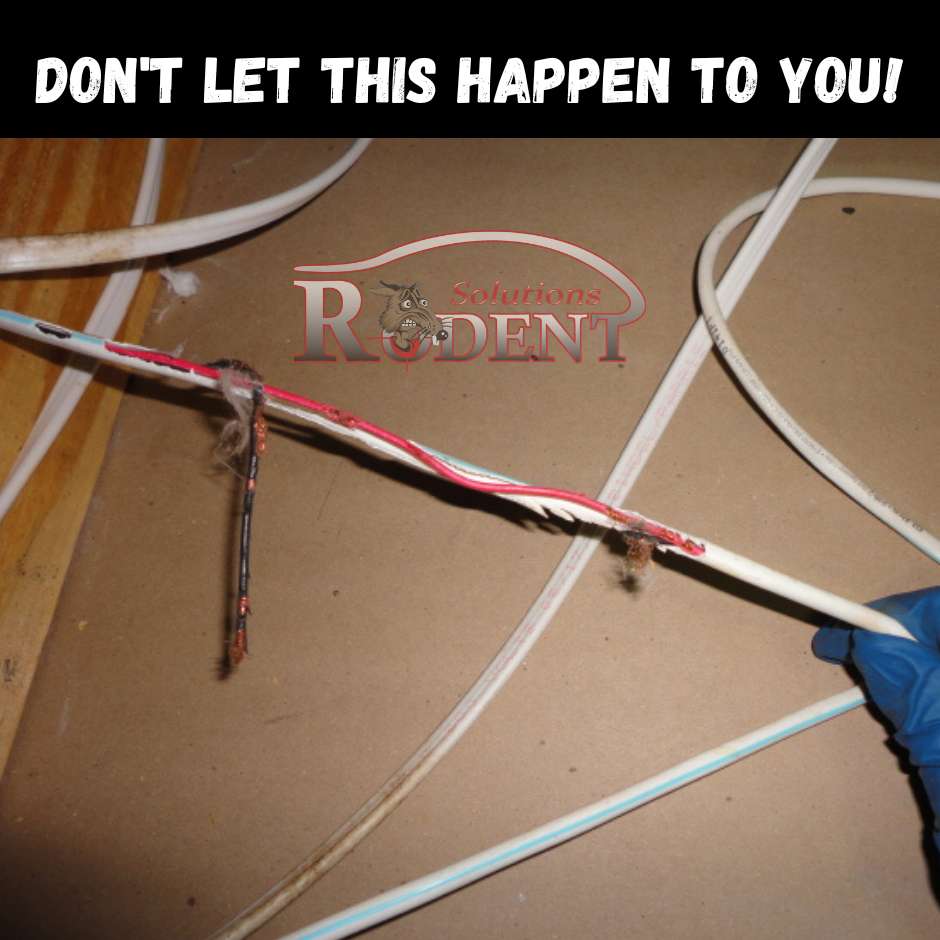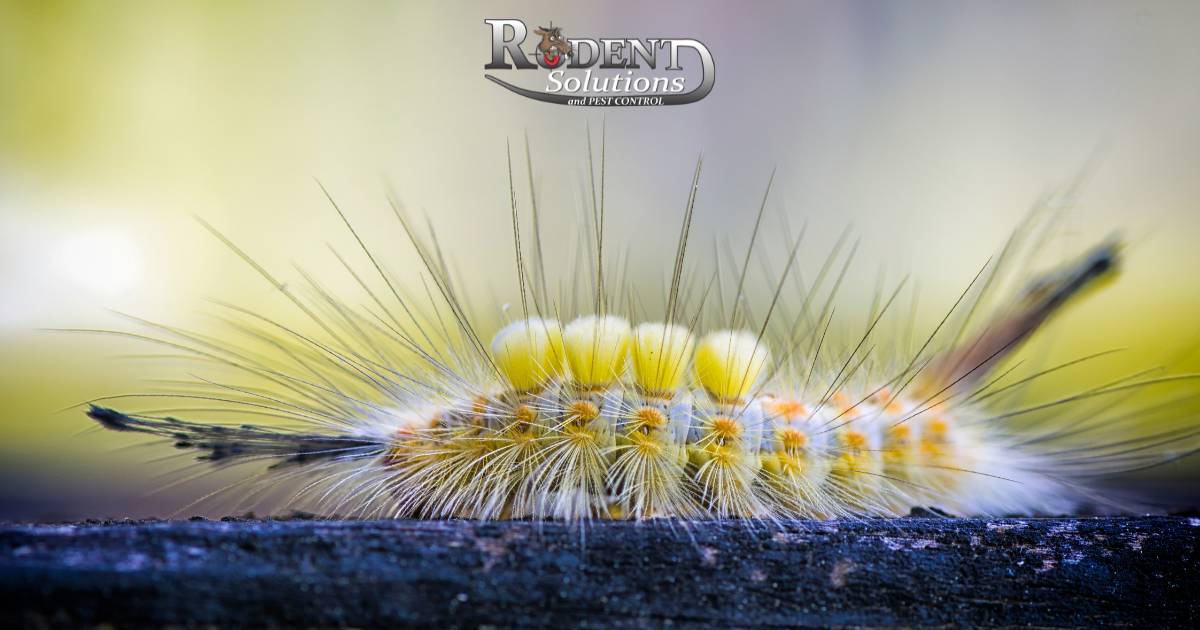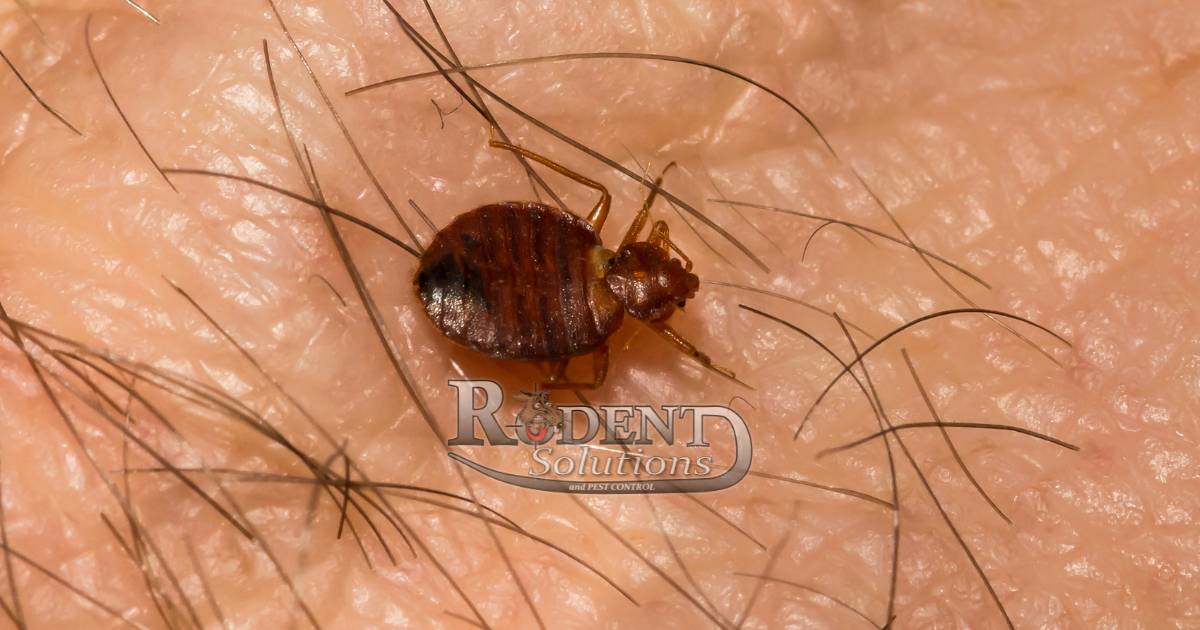Rodents chewing through car wires is causing big problems for car manufactures and, possibly more importantly, for drivers whose vehicles are being destroyed. Now lawsuits claim when rodents chew through car wires, it’s caused by manufacturers. are responsible, eating cars from the inside out. And it’s likely not covered under your warranty. Critics say soy-wire coverings now used in many new cars are also a tasty food source attracting rodents. Rats are chewing through car wires, and costing car owners thousands of dollars. Critics say as auto companies are going green, they’ve also turned to soy as an eco-friendly alternative to plastic for wrapping wires and car parts.
What the Lawyers for the Plaintiffs Say
Attorney Brian Kabateck says, “It is a design defect which has affected a lot of people and has cost a lot of people a lot of money.”
Kabateck has filed a class action lawsuit against Toyota, which is one of the manufacturers allegedly using a soy based compound for wire insulation.
“Rats think this is delicious,” Kabateck said.
The lawsuit says the soy is “baiting rodents” and “enticing these pests to chew through… the wiring” which could “leave the vehicle partially or completely inoperable.”
“It can be a life safety hazard, it can cause the car to stop in the middle of the highway, it can cause it to shut down, and it can cause serious problems,” Kabateck said.
Kabatech says it’s unknown how many manufacturers are using soy in their cars, but Toyota and Honda are two of the most prevalent. He believes Toyota is using soy to cut costs, not necessarily to go green, and they are leaving car owners to pay for it.
While some insurance companies, will pay for repairs of from the rodent damage, the class action cases say Toyota won’t cover the rodents chewing through car wires under their warranty. The sad part is, the damaged parts and wires are being replaced with the exact same soy-based as before. Realistically, nobody can guarantee this won’t happen to any vehicle, no matter if it has soy based products or not. It stands to reason that the soy multiples the chances though as it’s tastier to a rodent than chewing on a petroleum product.

Honda Came Out with a”Rodent Solution”
Honda has said that rodents chewing through car wires has been a longstanding problem and they have seen no evidence that anything in their wiring is increasing rodents gnawing tendencies. Nonetheless, they have come out with a fix – spicy tape – that costs about $45. You wrap the wiring throughout your vehicle and it has a really super spicy flavoring in it that deters them from wanting to chew on it. As a professional exterminator and a rodent specialist, we try anything new that sounds plausible so we can add it to our tool box to battle rodents. We ordered a roll of it here at Rodent Solutions. While it seems to work, the issue is, how would you wrap ALL the wires in your car? We found it impractical to be able to wrap all or even most of the wiring in any modern car. We found uses for it on cable wires where they pass through the soffit and some low voltage lighting wires, but as a whole vehicle rodent prevention method, that’s going way too far.
Recommendations to Help Prevent Rodents From Chewing On Cars
There are several recommendations, I can offer to help reduce the chances of having rodents chew through car wires and becoming the next victim of a the wrath of rats or mice. This involves looking at your home with a modern pest control technique known as Integrated Pest Management (IPM)
-Move your unused cars frequently. Don’t leaving them in one place for long periods which makes them a more likely to be come home to a rats or mice.
-Park inside as often as possible and mark sure you home has had a rodent exclusion performed.
-Have a rodent specialist like Rodent Solutions install Rodent Bait Stations around your home to keep the rodent population reduced. Rat Birth Control is fantastic for prevention of rapid reproduction also.
-Clean up yard debris and keep your yard mowed to reduce harborage and nesting areas for rats and mice.
In a statement, Toyota said “rodent damage… occurs across the industry and is not brand or model specific. And they are “not aware of any scientific evidence that shows rodents are attracted to automotive wiring because of alleged soy bases content.”
Honda tells us they believe the class action lawsuits have no merit.
STATEMENT FROM TOYOTA
Rodent damage to vehicle wiring occurs across the industry, and the issue is not brand- or model-specific. We are currently not aware of any scientific evidence that shows rodents are attracted to automotive wiring because of alleged soy-based content. Because these claims are the subject of current litigation, we cannot comment further.
STATEMENT FROM HONDA
It is a long established fact that rodents are drawn to chew on electrical wiring in homes, cars, or anywhere else where they may choose to nest.
Honda introduced a rodent-deterrent tape a few years ago to help combat this age-old issue for customers who live in areas where rodents have caused prior damage. Our attempt to provide some protection for our customers against this natural behavior should not lead to the assumption that Honda created the issue in the first place.
Further, Honda sources parts, including electrical wiring and wire harnesses, from several different suppliers who each have their own proprietary formula for wire insulation and wire harnesses. Honda has not received any confirmation from its various suppliers that the wiring insulation and harnesses used in Honda vehicles are soy-based, as the plaintiffs allege. Honda is not aware of studies or information indicating that any of the wiring insulation or other components used for Honda vehicles are derived from substances that attract rodents or increase their propensity to chew on wiring or other components in engine compartments. It is Honda’s understanding that rodents may seek shelter in engine components and once inside, can cause damage as a natural result of their need to chew and use material that has been chewed for nesting. Honda is not aware of any information suggesting rodents use wire insulation as a food source.
Class action lawsuits have been filed against a number of auto manufacturers alleging that vehicles contain soy-based wiring insulation and that such insulations attracts rodents to chew on the insulation. Honda believes that the class actions filed against it have no merit.
The Opinion of Rodent Solutions Inc
While I really want to stick up for the plaintiffs, because, who doesn’t want to stick up for the little guy, I just can’t. As a leading rodent control professional, Honda and Toyota do have a point. Rodents have been chewing through car wires for years. Rodents will crew on anything that’s softer than the hardness of their teeth. Rats and mice have been causing fires and chewing up electrical wiring long before soy was introduced to wire coatings. While it makes sense that soy could compound the issue, unfortunately, there’s no research that I’m aware to support this claim. I guess we will see how this plays out in court. (UPDATE: The vehicle manufacturers were victorious) Meanwhile, if you’re located near the Sarasota, Lakewood Ranch, Bradenton or Parrish areas and you’re interested in protecting your car or home from rodent chewing, contact Rodent Solutions for more information about our rodent prevention services.

Pest/Wildlife Control 15 Years
Construction for 13 Years
Pest Control License JB299099
Wildlife License LW203605
Pest Management University: Founders and Masters
AAS Degree in Drafting Design with a Concentration in Building Construction
NWCOA Member (National Wildlife Control Operators Association)
NWCOA Rodent Standard Certified
NWCOA Bat Standard Certified
NCWOA Certified Urban Bird Management Operator
NWCOA Zoonotic Disease Standard Certified
Member of the National Pest Management Association (NPMA)
Bird Barrier Certified Installer
Bird-B-Gone Authorized Installer
OSHA 10 Training Completed for the Construction Industry
Aerial Lift Certified
Fall Protection Certified




